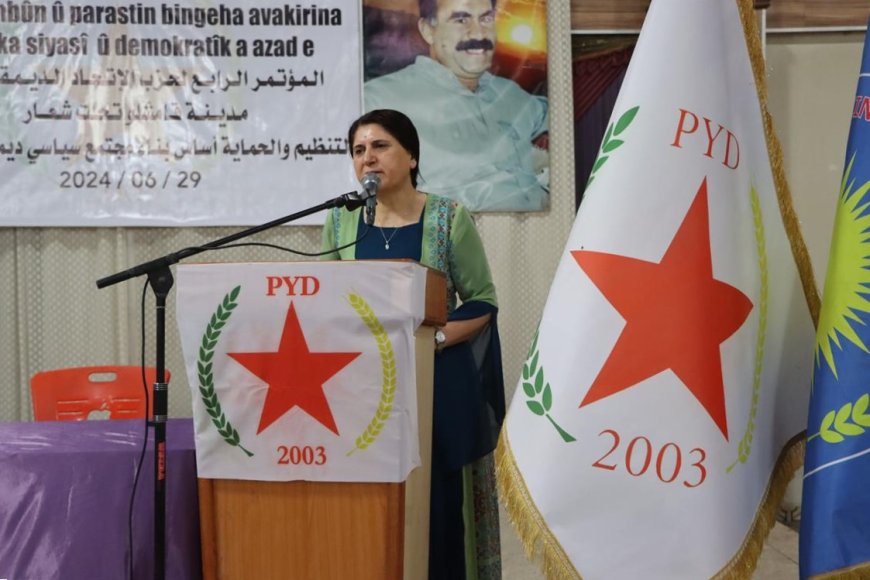Turkish Incursion attempts collided with Gulf wall in Arab area
The Turkish attempts to penetrate into the Arab world have recently collided with the Arab awakening that began to emerge in several steps led by Saudi Arabia alongside Egypt. The Turkish economic presence in a number of countries in Morocco was also controversial.

AL-TABQA
The policies of Turkish President Recep Teyyip Erdogan have caused international, regional and Arab isolation for the country that occupied the Arab homeland for nearly four centuries and continue to conquer countries through various methods of invading their markets and promoting Ottoman ideas through series of Drama shown on Arab screens in order to promote Erdogan's policies and to show Turkey in its opposite state of the reality in the country which is under an emergency since more than a year, in addition to putting the opponents in the prisons.
In addition to escalating the differences between Turkey and the European Union against the background of the poor record of the Turkish state in the field of human rights and Erdogan's persistent threats to the EU countries and blackmailing the issue of the Syrian refugees on Turkish lands, Turkey is facing unprecedented tension with the United States due to the different positions of the two countries in dealing with the Syrian file.
Turkey's intervene in Syria, its occupation of large parts of the Syrian north and its occupation of parts of the Iraqi city of Mosul increased the Turkish isolation, and many Arab movements led by countries such as Saudi Arabia, Egypt and the UAE began to take shape with real steps in an Arab quest to get Turkey out of the Arab area.
Like Iran, Turkey has been investing the Arab-Arab differences to intervene in the affairs of those countries in a situation similar to fishing in troubled waters, so to speak.
But the last two years witnessed a cold in the Arab-Turkish relations after the Turkish occupation of parts of northern Syria removed the mask of Turkish intentions to reoccupy the Arab area and reconstruct the Ottoman Empire.
Turkey planned to penetrate into northern Syria in coordination with Saudi Arabia in 2016, but these attempts were met with the rejection of Russia and Iran, prompting the two countries to retreat from that scheme, but machinations began to set in motion by Turkey in cooperation with Russia and Iran; the enemy of Saudi Arabia, and it has already managed to occupy several cities in the north of Syria which angered the Saudi Arabia and the Gulf countries in general.
This may have been the beginning of the crisis which deepened with the alignment of Turkey with Qatar in its dispute with the Gulf States and Turkey's attempt to show itself as a mediator between Qatar and the Gulf countries, but Turkey, by sending troops to Qatar has made it losing credibility, and the Gulf countries have been assured that Turkey cannot be an honest broker, and it reinforced Its presence in Qatar, benefiting from its economic crisis.
In parallel with the Turkish political moves to invade the Arab area, the markets in the Arab countries were full of Turkish products, affecting local products in those countries which aroused the resentment of local merchants.
The Saudi Arabia's Crown Prince Mohammed bin Salman described Turkey as part of the evil triangle in the area alongside Iran and the radical Islamic groups according to the Egyptian al-Shorouq newspaper reported earlier, and this is what was denied by the Saudi embassy in Ankara.
the Arab plans aim to remove Turkey from the Arab area, and put an end to it after Turkey’s Erdogan ambitions to reconstruct the Ottoman Empire by investing the internal Arab differences have become apparent.
At the last summit of the Arab leaders held in Dhahran city, the Saudi satellite channels said that Arab leaders discussed the Turkish occupation of Afrin to crystallize Arab endeavors more clearly.
The Arab countries’ pressures on Turkey have not been limited to political only; rather, they have been spread to the field of economy. The Morocain government raised the value of taxes on the Turkish imports of textile and cloths’ products to 90 percent earlier this year.
The Arab moves are expected to be a further blow to Turkey which continues to intervene in the Arab capitals. It may be difficult for Turkey to find allies in the Arab area. The closure of the Arab markets would be another blow to Turkey's economy.
A.H
ANHA













